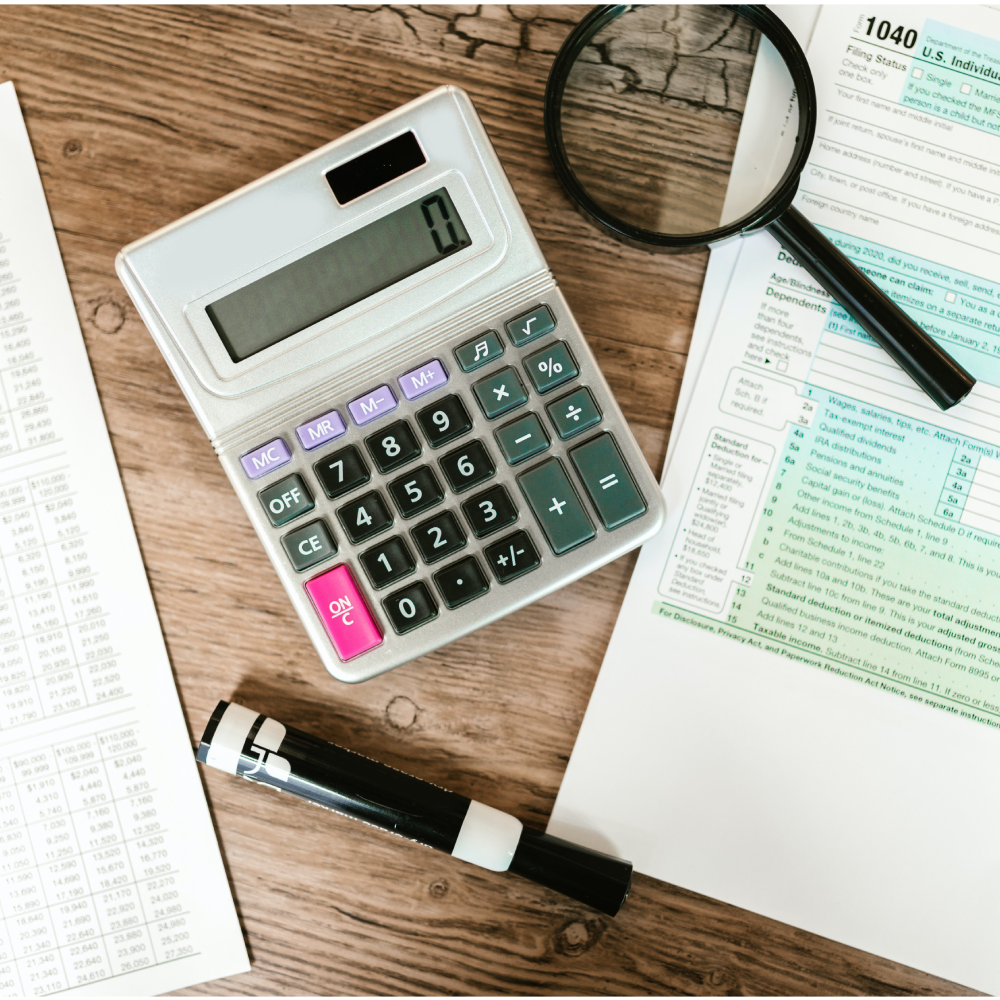
Settling your debt on your own, without paying a company to do it on your behalf, is possible and can provide significant benefits. By settling your debt yourself, you can save money on fees, avoid scams and unethical practices, and take control of your financial situation. Here are some steps to follow if you want to settle your debt on your own.
First, it is important to understand your financial situation and the debts you have. This may involve gathering statements and other documents from your creditors, creating a budget to determine how much you can afford to pay, and evaluating your assets and income. By understanding your financial situation, you can make informed decisions about which debts to settle and how much to offer.
Next, you can begin to negotiate with your creditors to settle your debts. This may involve contacting your creditors directly, either by phone or in writing, to discuss your situation and offer to settle your debt for less than the full amount. It is important to be firm but polite in your negotiations and to have a clear plan for how you will pay off the settled amount. You should also be prepared to provide evidence of your financial situation and to negotiate for a better deal if necessary.
It is also important to consider the potential tax implications of settling your debt. In some cases, the amount of debt that is forgiven or written off by a creditor may be considered taxable income. This means that you may have to pay taxes on the amount of debt that is forgiven. It is important to consult with a tax professional to determine the potential tax implications of settling your debt and to plan accordingly.
Once you have reached an agreement with your creditors to settle your debts, it is important to get the agreement in writing. This may involve signing a settlement agreement that outlines the terms of the settlement, such as the amount you will pay and the payment schedule. It is also important to make sure you understand the terms of the agreement and to read the agreement carefully before signing.
After you have signed a settlement agreement, it is important to follow through on your commitments. This may involve making regular payments to your creditors according to the agreed-upon schedule. It is important to make these payments on time and in the full amount to avoid defaulting on the settlement agreement and to protect your credit score.
Finally, it is important to monitor your credit report to make sure that your debts are being reported accurately and that the settlement agreements are being reflected on your credit report.